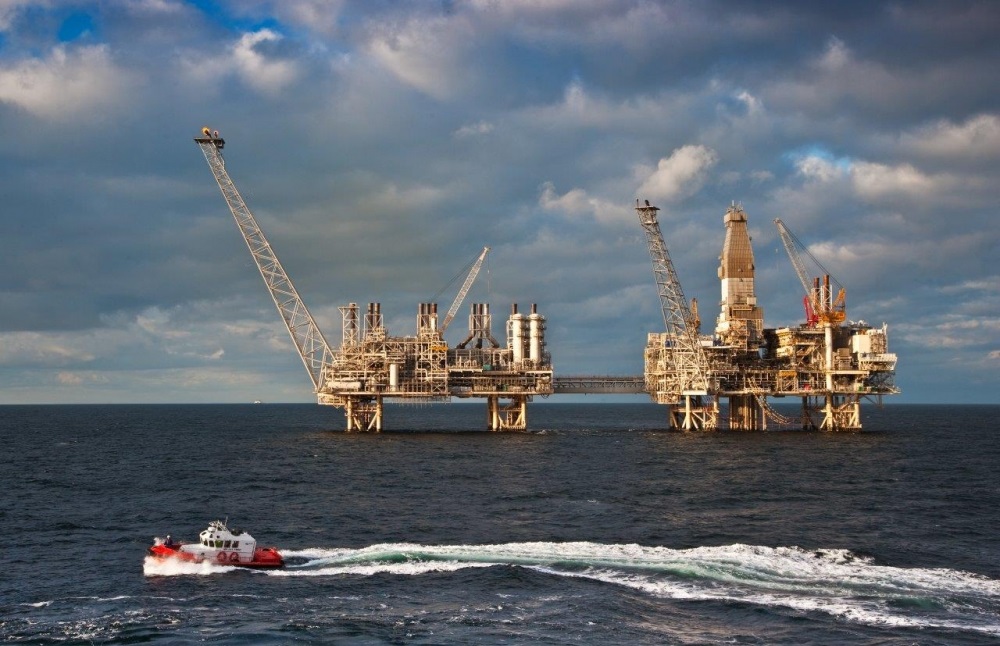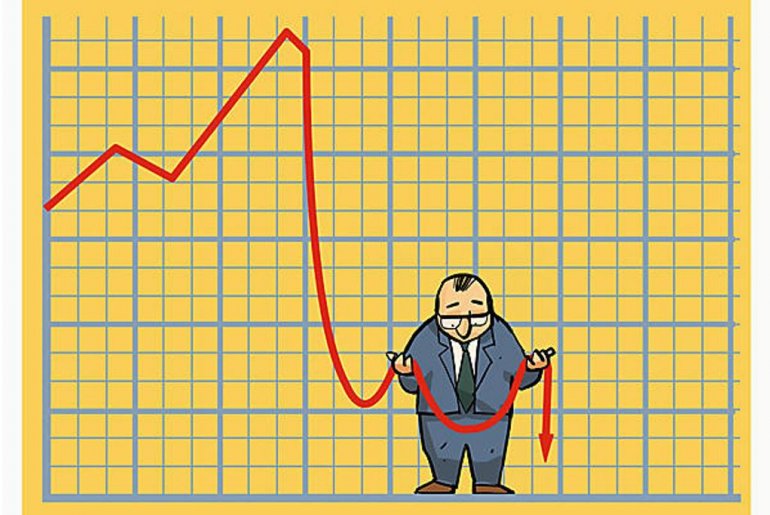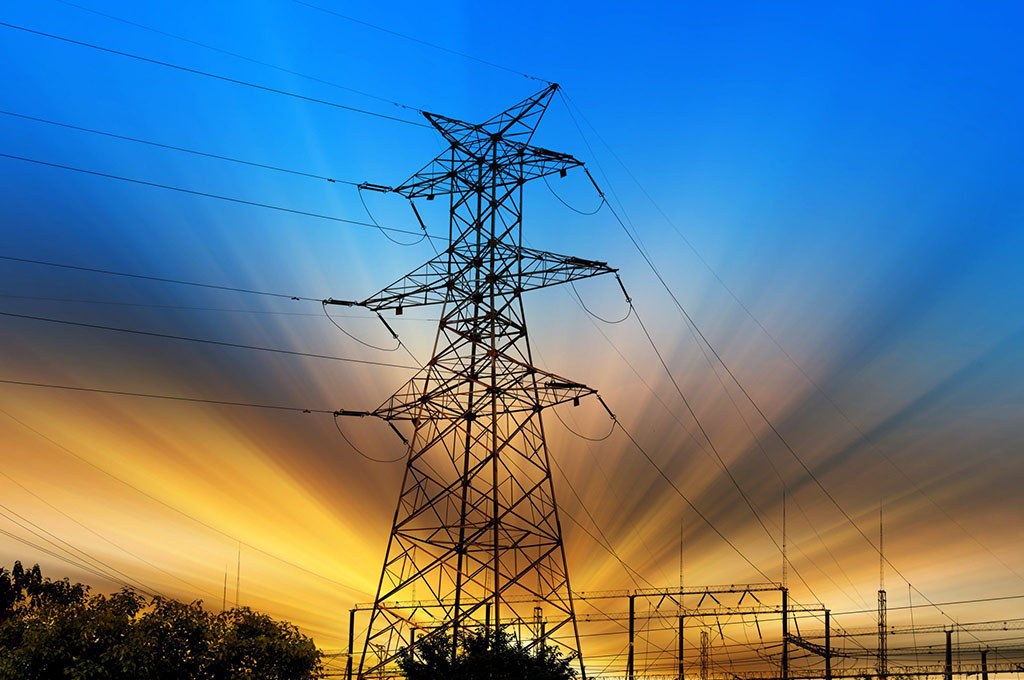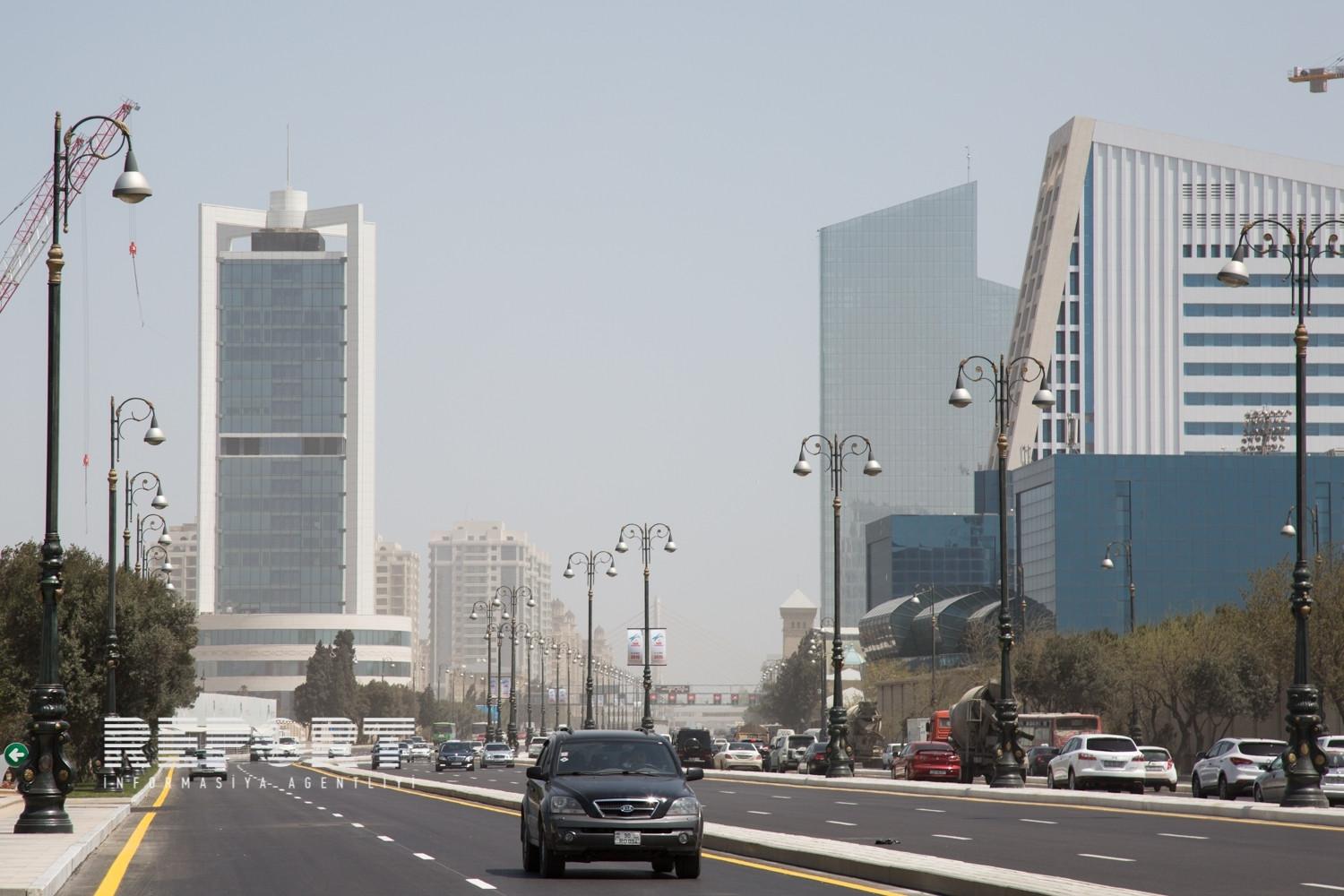 Even if the US oil import dependence wanes, its allies still require Middle East oil, so it will continue importing, Senior Vice President and James R. Schlesinger Chair for Energy and Geopolitics at the Center for Strategic and International Studies (CSIS) Frank A. Verrastro told Trend Nov.16.
Even if the US oil import dependence wanes, its allies still require Middle East oil, so it will continue importing, Senior Vice President and James R. Schlesinger Chair for Energy and Geopolitics at the Center for Strategic and International Studies (CSIS) Frank A. Verrastro told Trend Nov.16.
He was commenting on the possible impact of Donald Trump’s energy policy on the US relations with oil producers in the Middle East.
Trump has endorsed the concept of energy independence and favors domestic production both for trade balance reasons and because he feels the country is sending dollars to foreign governments that don’t share US values or support it, added the expert.
“US Gulf coast refineries are among the most sophisticated in the world and historically have used a variety of heavier crudes to make valuable fuels and other products,” said Verrastro. “Even with the surge in US light oil, in reality, it still imports heavier crudes from the Middle East, Mexico and Venezuela, because it makes economic sense.”
Regarding the global oil market, he said expectations are that the Trump presidency will be good for US fossil fuels and new infrastructure build-outs, so additional supply would eventually come to the global market.
Actions taken to support higher prices, inevitably bring on new supplies, said Verrastro, adding that the issue is timing and volume.
There are literally thousands of US producers, so it would be difficult to limit output other than by low prices signals, as the country has no single national oil company, he said.
Trump’s energy policy includes the following goals: declare the country’s energy dominance a strategic economic and foreign policy goal; become, and stay, totally independent of any need to import energy; encourage the use of natural gas and other US energy resources that will both reduce emissions and the price of energy and increase its economic output.
Trend











